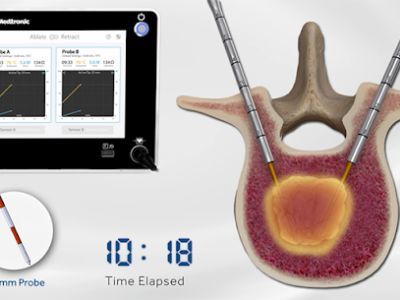Carpal Tunnel Release
July 17, 2019
Spinal Tumors & Metastatic Cancer of the Bone
July 18, 2019Why are there sometimes poor outcomes after orthopedic & spine surgery?

Poor outcomes frequently occur due to lack of attention to details. What do I mean by that? Many times, I see that my peers are treating imaging studies (e.g. MRIs) and not the patient. Sometimes, the patient’s complaint has nothing to do with an abnormality on an MRI. It is not always obvious what the source of pain or complaints are. For example, did you know that hip pain has multiple etiologies and is not always caused by a hip problem. SI joint problems and lower back problems are other causes of hip pain that are often missed. Similarly, knee pain can be caused by other problems such as hip arthritis or a pinched nerve in the back.
Obviously, doing surgery for an asymptomatic disk problem is not going to work. Doing the wrong surgery is a common cause of poor outcome. Some times the obvious disc pathology is not the source of the patient’s lower back pain. Sometimes, it is not obvious what is causing the pain. In these situations, one has to do detective work to try to identify the cause of the pain.
Fortunately, there are ways to identify the cause of the pain that may not be obvious initially. There are numerous diagnostic studies and diagnostic procedures that an experienced surgeon can use to identify the problem.
Doing a spinal fusion surgery on someone with severe vitamin D deficiency will likely fail. If a spinal instability is not adequately bio-mechanically stabilized, the fusion will not heal, and the fixation will fail. Osteoporosis is another cause of fixation failure in spinal fusion.
Vitamin D deficiency can be diagnosed and treated but only if proper testing is performed before the surgery. Fixation will fail if the surgeon does not understand the proper spinal biomechanics or evaluate and treat the patient for osteoporosis before surgery.
Failed hardware may not be diagnosed if proper testing is not performed. I saw a patient with a failed back fusion who had broken rods not visible on the CT scan and the MRI studies done by his surgeon but was readily diagnosed on the plain x-rays study we performed.
Please Share:



